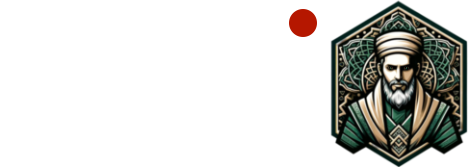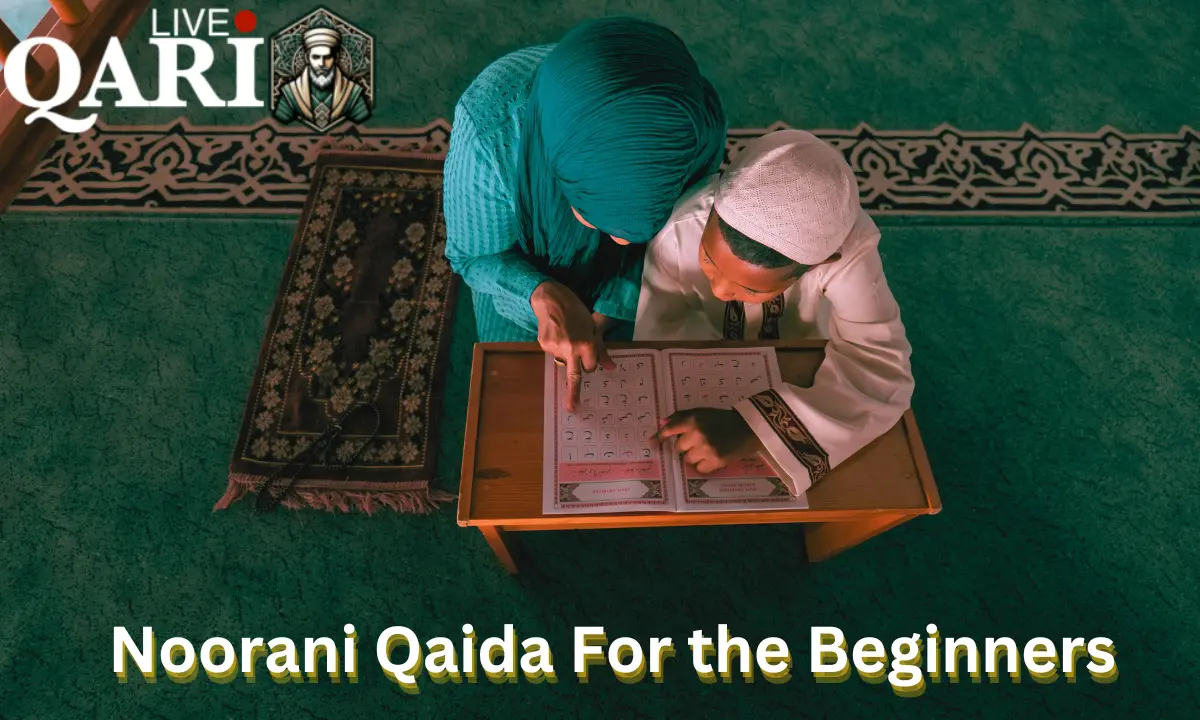
For those starting their journey into Quranic studies, noorani Qaida for beginners is the term often searched for and referred to as the first crucial step. If you’re a beginner and eager to delve into the process of learning how to read the Quran from scratch, understanding the fundamentals presented in the Noorani Qaida is indispensable. This introductory booklet, sometimes dubbed the “mini Quran,” instructs you on the essential rules for correct Quranic recitation.

The significance of the Noorani Qaida for beginners cannot be overstated—it serves as the bedrock for reading the Quran, introducing you to the basics of Quranic Arabic. After you’ve completed your study of this foundational guide, you’ll find reciting the Quran to be a more accessible and enlightening experience.
We offer Noorani Qaida Course, If you want to connect with Quranic study join Our course.
The reason behind this is the booklet’s methodical approach to teaching you to recognize, pronounce, and apply the fundamental principles of Arabic reading. Attempting to navigate the complexities of Quranic Arabic without this essential groundwork can be a formidable challenge. To aid beginners in this educational pursuit, we’ve curated a list of 10 practical tips for mastering the Noorani Qaida. Exploring these tips will equip you with invaluable knowledge and direction on your path to learning.
Get a Native Arab Tutor for Effective
To start learning the Noorani Qaida for beginners, the best first step is to find a tutor who is a native Arab speaker. Here’s why choosing a native Arab tutor is a good idea:
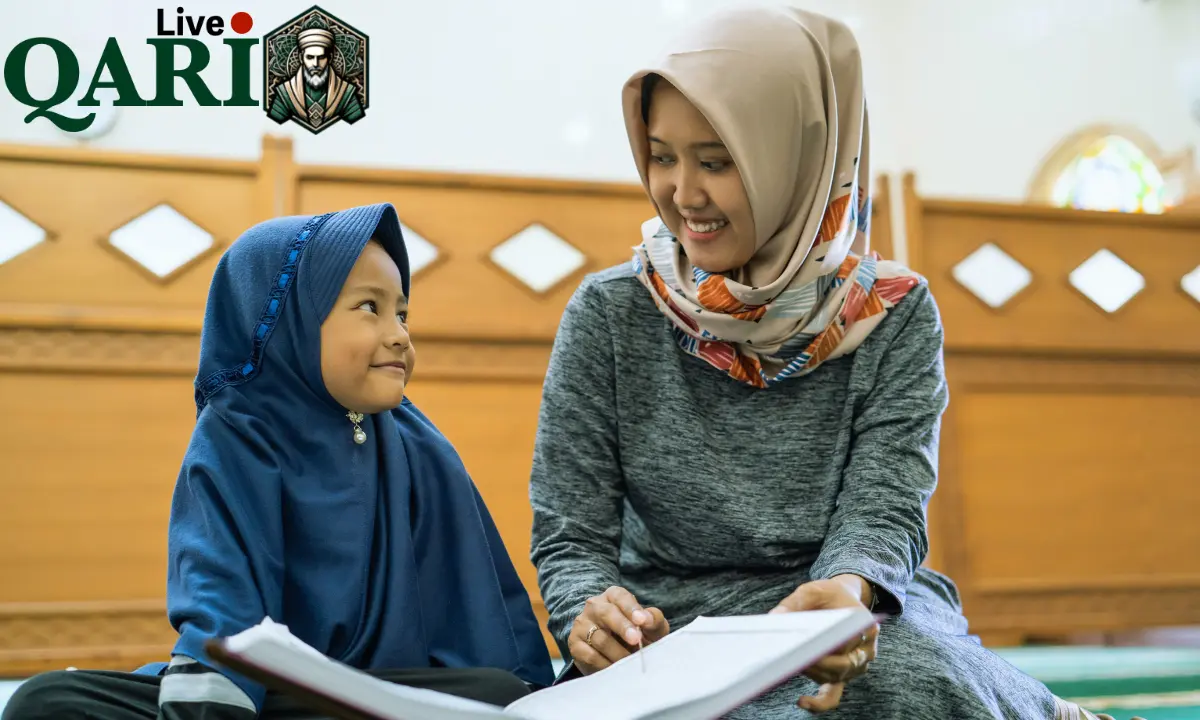
- They speak Arabic with a natural, correct accent.
- They’re skilled at teaching Arabic to non-native speakers in a way that’s easy to understand.
- They’re familiar with the standard errors non-native learners make.
Having a teacher will make your learning process smoother and each lesson more comprehensible. Also, it’s an intelligent choice to select a Online Quran Tutor from a reputable platform. This ensures:
- The platform has carefully chosen and evaluated the tutors.
- The tutors are experienced in the particular teaching methods of the platform.
- The tutors understand the best strategies to help beginners learn effectively.
Choose One-on-One Classes
When starting with the Noorani Qaida, it’s highly recommended to go for individual (one-on-one) classes with your Qari Tutor. This approach is particularly beneficial for beginners for several reasons:

- The class is entirely focused on you, allowing for a lot of repetition and reinforcement of what you’ve learned.
- The teacher’s attention is solely on you rather than divided among several students. This means your learning takes precedence over classroom interaction.
- You have more opportunities to practice and receive immediate corrections and feedback from your tutor.
Learning the Qaida is fascinating, and it can be even more enjoyable when you’re the only student. We suggest considering the Qari.live For their excellence in providing personalized, one-on-one Online Noorani Qaida classes.
Create a Tailored Learning Plan
Having a customized learning plan for studying the Noorani Qaida is crucial to mastering the basics of Arabic reading effectively. A plan tailored to your needs helps keep you focused and addresses areas where you may need extra help. Such a plan includes:

- Scheduling classes that cover topics you specifically want or need to learn.
- Concentrating on the rules of Arabic reading and recitation, you aim to master.
- Adjusting the course content to fit your personal learning requirements.
- More practice in areas where you still need to be more confident.
The Qari.live Quran Academy offers specially crafted and structured Noorani Qaida learning plans for kids. These plans are thoughtfully designed to meet the unique needs of each learner, particularly beginners.
Pay Attention to Pronunciation (Makharij)
Understanding and mastering the correct pronunciation points (makharij) of Arabic letters is critical. Non-native Arabic speakers often struggle with distinguishing between similar sounds, like the heavy Haa (ه) and the light Haa (ح), that both originate from the throat. It’s crucial to learn how to tell these similar letters apart by focusing on their makharij, or points of articulation.
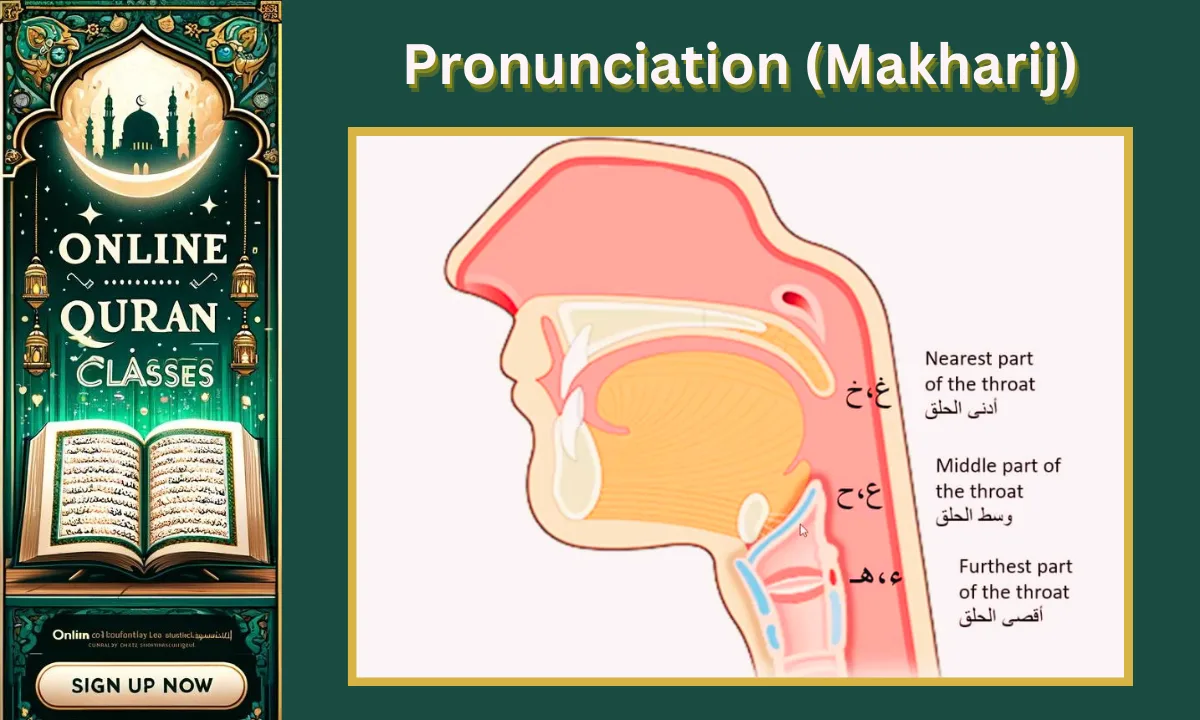
If you can master the pronunciation of these sounds, it will lead to:
- More accurate reading of words in the Quran, similar to how native Arab speakers recite.
- An easier time is applying basic Quran reading rules.
- A smoother transition to starting your Tajweed classes.
Therefore, putting extra effort into the pronunciation of each Arabic letter can significantly simplify your overall learning journey.
Practice with Quranic Examples
Once you start feeling comfortable with the basic rules you’ve learned in Noorani Qaida, it’s a great idea to begin applying them by reading examples directly from the Quran. This practice will enhance and perfect your Quranic recitation (qira’a).
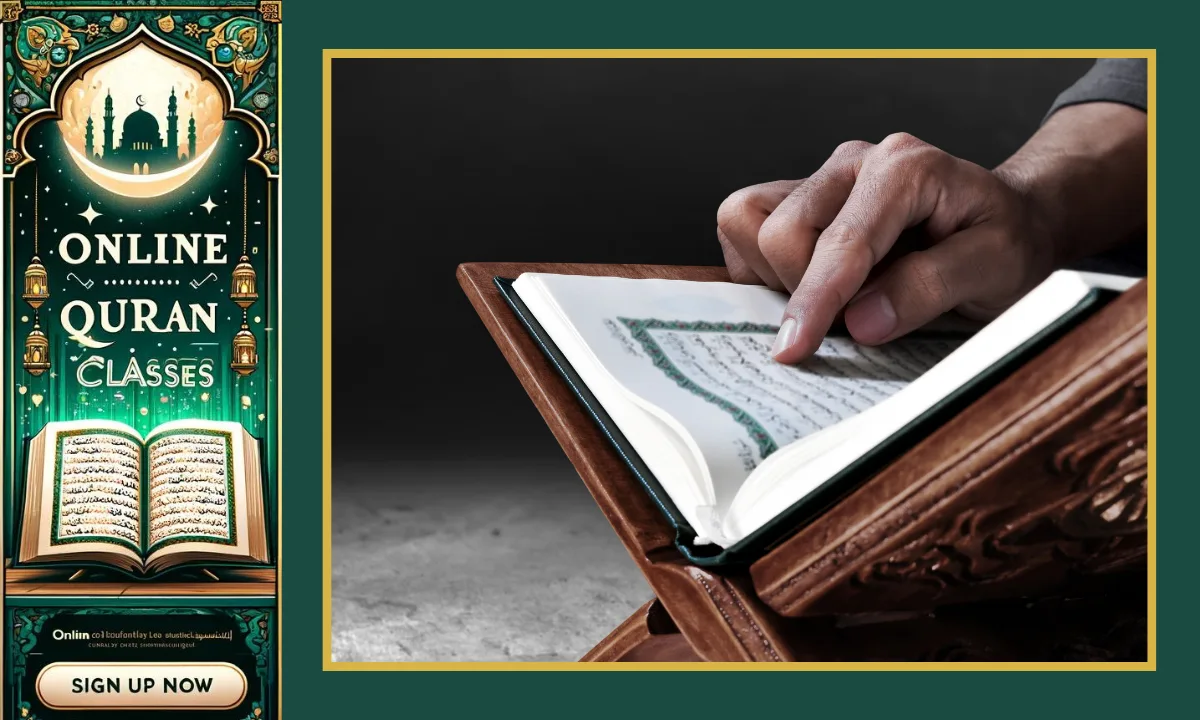
For instance, imagine you’ve just learned about the rule of “madd” (elongation of sound). An excellent way to practice this is by going to the first chapter of the Quran, Al-Fatiha.
Look for places where the Madd rule applies and practice reciting these verses, particularly during your Salah (prayers). Regularly practicing in this way will quickly improve your recitation and help you avoid making mistakes.
Practice with Short Verses and Surahs
A great way to apply what you’ve learned in theory is to practice reading shorter verses and chapters (Surahs) from the Quran. If there’s a particular reciter (Qari) whose style you admire, try listening to their recitation of verses you commonly read in your Salah (prayers).
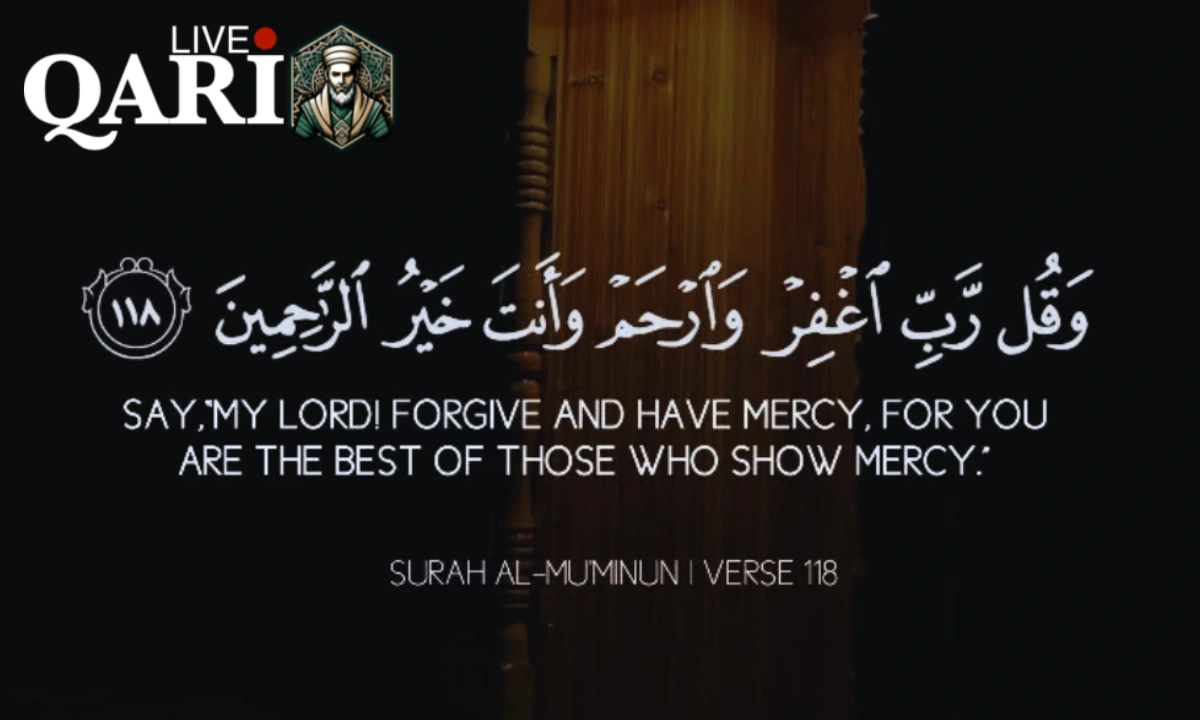
By listening and then reading along, you can significantly improve your pronunciation and correct any mistakes in articulation (makharij) you might be making. The tutors at Qari.live often use this effective technique in their Quran reading classes, incorporating engaging activities to make the learning process enjoyable and effective.
Practice Aloud with Clarity
For beginners learning the Qaida, a helpful tip is to practice reading aloud. This method helps you use your vocal cords more effectively. Non-native speakers often struggle with the pronunciation of certain Arabic letters, such as:
- Aaien (ع)
- Daad (ض)
- Both forms of Haa (ہ, ح)
- Both forms of Kaaf (ق, ک)
- Saa (ث, ص)
Reading these sounds loudly and clearly assists in hitting their exact points of articulation. Once you’re comfortable with these sounds, try to form words using them or find words in the Quran that contain these letters. This practice will help refine your pronunciation.
Remember, following your tutor’s guidance is critical if you want to learn to recite the Quran effectively as a beginner.
Break Down Qaida Learning into Levels
For beginners, understanding the Noorani Qaida can be challenging without proper guidance. To make the learning process more manageable and structured, it’s helpful to divide the Qaida into different levels of difficulty. When you choose a learning platform, they typically organize the teaching into three primary levels:
- Basic
- Medium
- Advanced
This approach allows you to start with the most straightforward lessons and gradually progress to more challenging ones. Learning in this structured, step-by-step manner makes mastering the Qaida less overwhelming and more achievable.
Revise and Apply Your Learning in Quran Recitation
As you progress through the early stages of your Noorani Qaida learning, it’s vital to apply what you’ve learned to your Quran recitation. This approach can significantly enhance your reading skills in a relatively short period. For example, as soon as you learn the concepts of Noon Sakinah (نْ) and Meem Sakinah (مْ), start looking for these in the Quran and practice reciting them correctly.

Platforms like Qari.live is dedicated to helping beginners effectively learn the Quran online. They focus on making such practical applications a crucial part of their teaching. Utilizing advanced technology, they ensure that each lesson is not only educational but also yields tangible improvements in your recitation skills.
Share Your Knowledge by Teaching Others
A great way to solidify your understanding of the Noorani Qaida is to teach the basics to others. Sharing your daily learnings with family members like siblings, parents, or your spouse can significantly improve your own mastery.
Start teaching them right from the beginning, guiding them through the correct pronunciation and articulation (makharij) of the letters and words. This practice not only increases your own time spent with the material, reinforcing what you’ve learned but also offers the invaluable reward of helping others. Sharing knowledge in this way can enhance both your learning experience and your students.
Conclusion
Of course! Starting to learn the Quran by yourself is easy at any age, and there’s no barrier to beginning your journey. If you’re new to this, easy Qaida learning for beginners is a great place to start. It’s all about taking that first step and sticking with it. The Noorani Qaida is a simple guide that helps you learn the basics well. We’ve found some great resources that make learning the Qaida straightforward and easy for beginners. With these, you’ll build a strong foundation in the Quran, making sure you’re on the right track from the start.
FAQ’s (Frequently Ask Questions)
At what age can you start learning Noorani Qaida?
Children, ideally as young as 4 or 5 years old, can begin their journey with Qaida for beginners. Starting age depends on their preparedness and interest in learning the Quran. Noorani Qaida offers an optimal introduction to qaida for beginners, guiding young learners as they embark on their Quranic education.
How many chapters does Noorani Qaida have?
Noorani Qaida typically comprises 17 chapters. These chapters are designed to sequentially teach the Arabic script, its pronunciation, and the foundational rules of Tajweed. Together, these chapters form an extensive base for qaida for beginners, enabling them to read the Quran effectively.
How long does it take to complete Noorani Qaida?
The duration to complete Noorani Qaida varies among individuals, particularly those new to Qaida for beginners. It depends greatly on each learner’s speed and the regularity of their practice. On average, it might take a beginner several weeks to a few months to cover all the chapters and reach a basic skill level.
What does Noorani Qaida teach?
Noorani Qaida is a beginner’s guide that teaches how to read Arabic within the Quranic context. It covers crucial topics like the basics of Tajweed, helping students to accurately pronounce Arabic and read the Quran with proper clarity and precision. It is a vital initial step for anyone, especially Qaida for beginners, wanting to learn and correctly recite the Quran.







